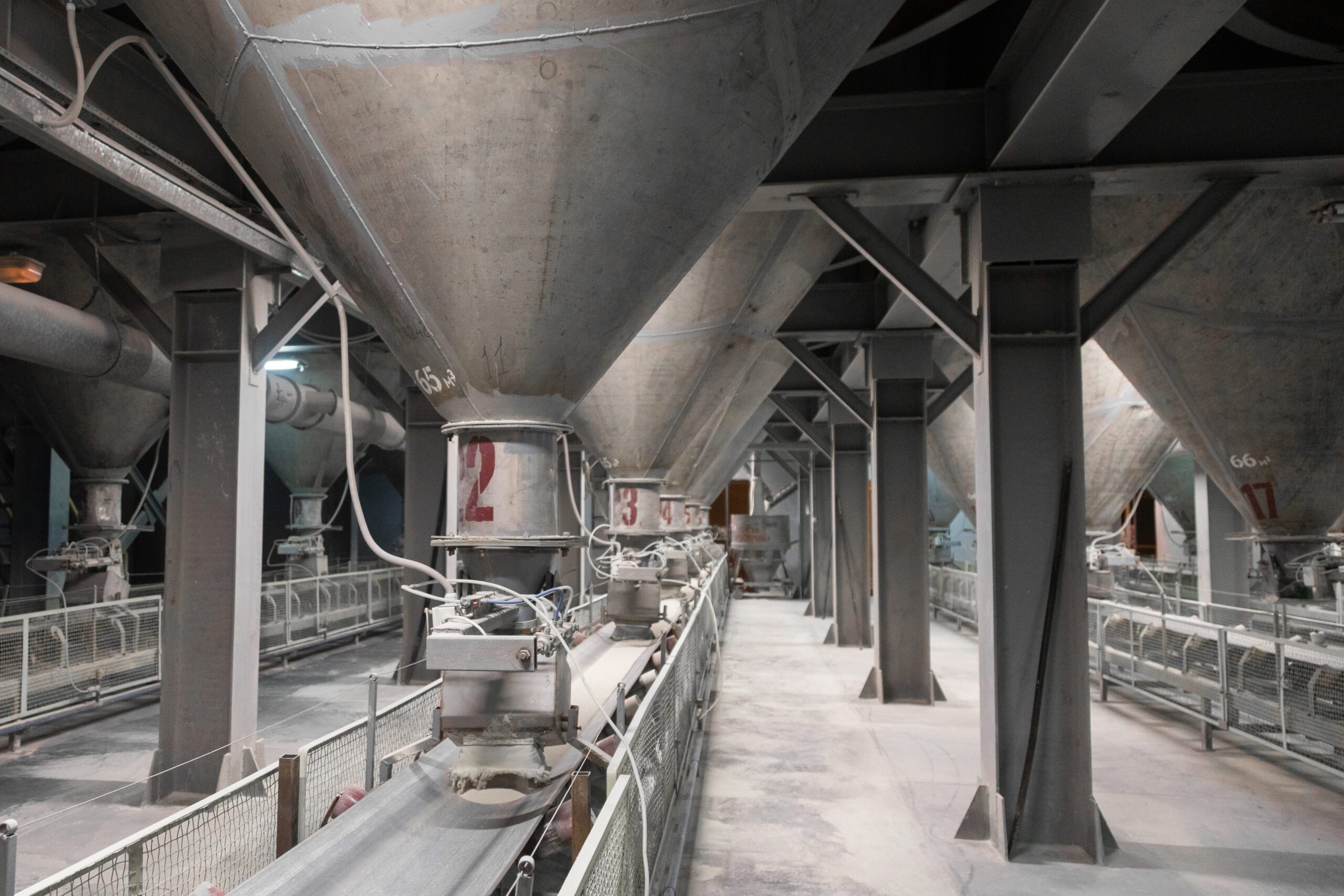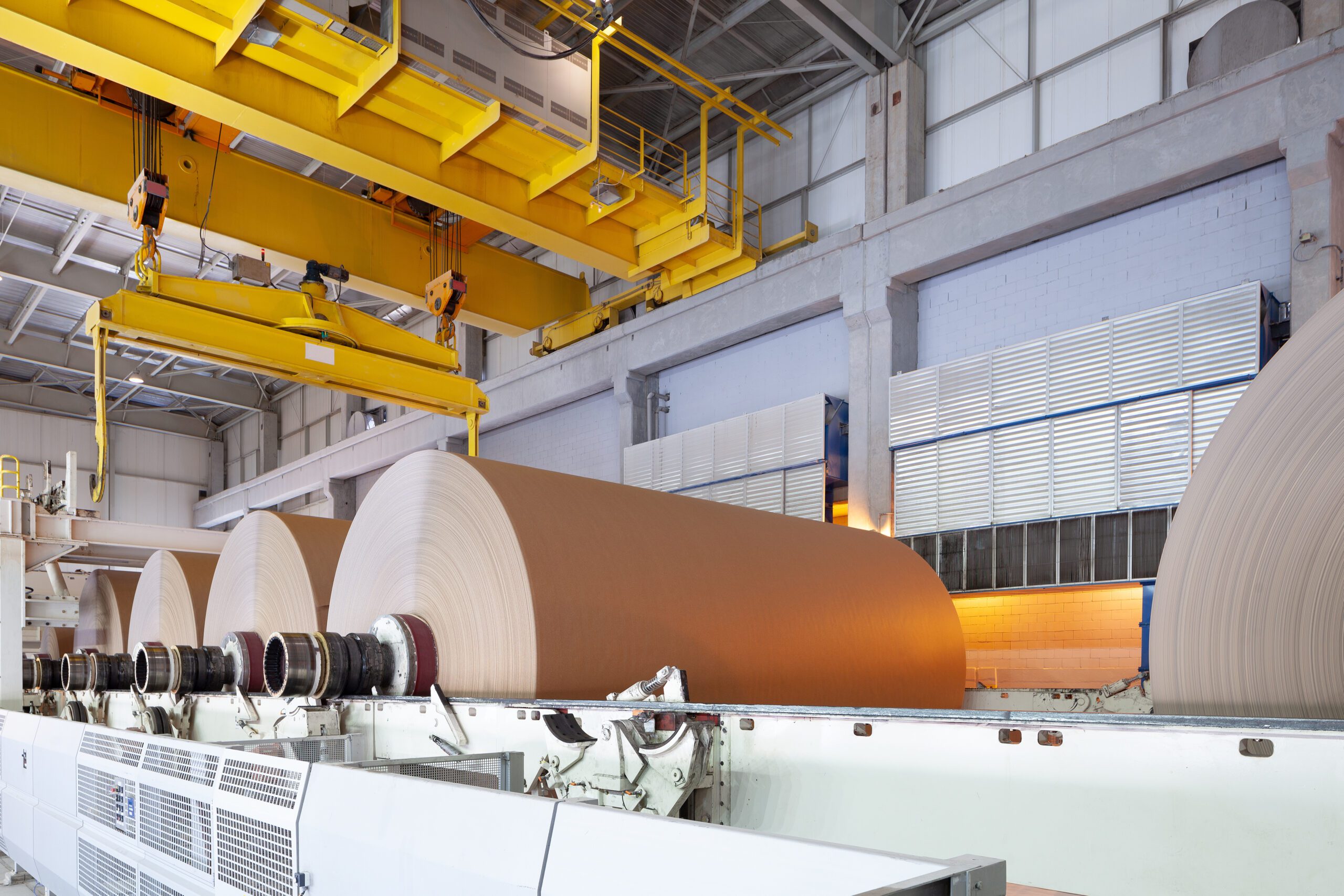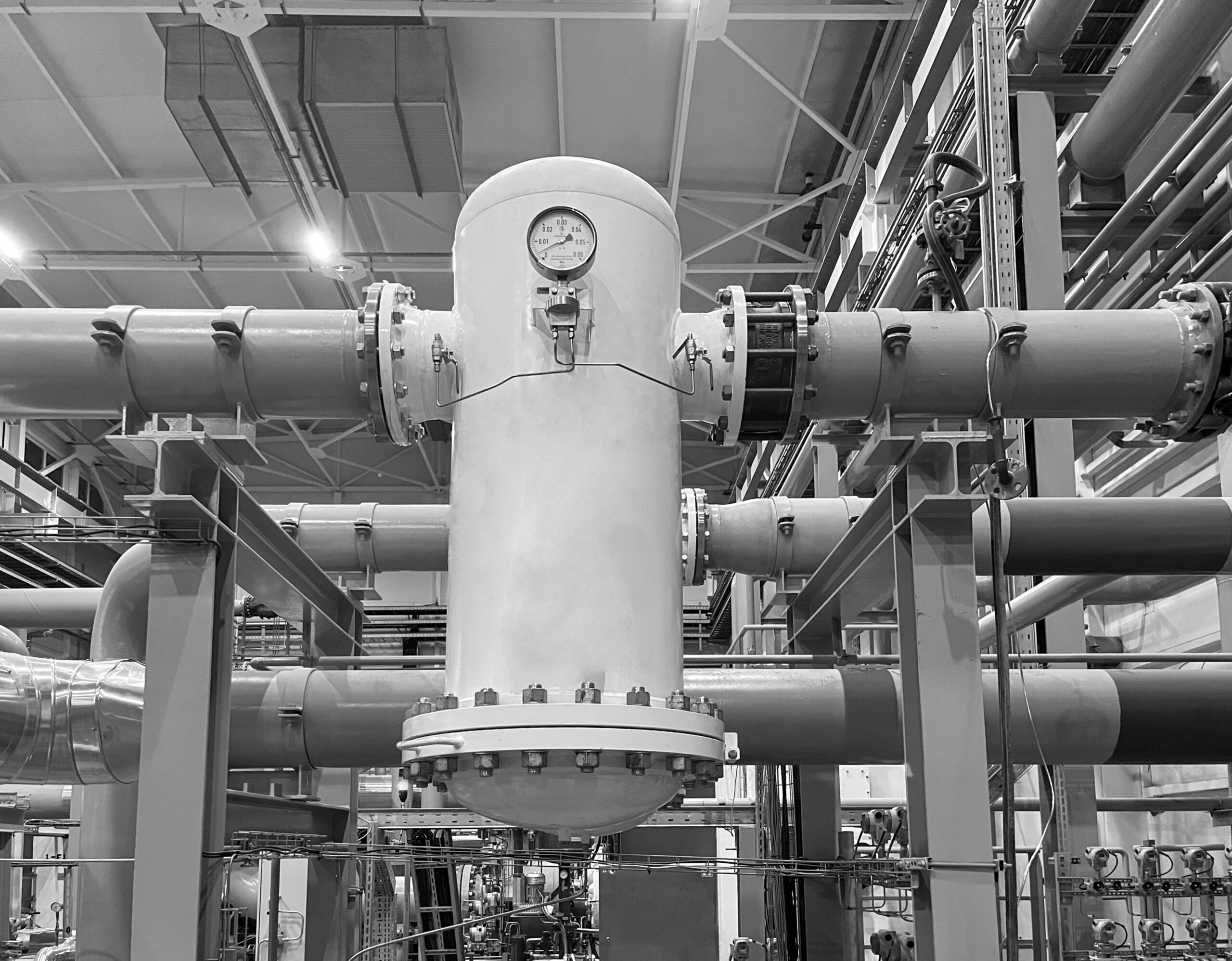Manufacturing News
Wroe Jackson, Texas Association of Manufacturers Executive Vice President, Named 2026 Presidential Leadership Scholar
Wroe Jackson, executive vice president and general counsel for the Texas Association of Manufacturers (TAM), has been named one of 60 Scholars who will form the Presidential Leadership Scholars’ (PLS) 11th annual class. Over the past decade, PLS has brought together nearly 600 established, purpose-driven leaders to collaborate and make a difference in the world as they learn about leadership through the lens of the presidential experiences of George W. Bush, William J. Clinton, George H.W. Bush, and Lyndon B. Johnson.
Bennett: Fort Worth-built F-35 fighter is a game changer beyond the battlefield, too
Texas is the nation’s top business state and leads the U.S. in adopting policies that support job creation and investment — the dual engines of our national and state economy. As a result, thousands of manufacturers, large and small, call Texas home, and we are proud of how they support our neighbors and innovate to drive the next great technological advancements. Manufacturing employs no fewer than 970,600 Texans, who work hard every day to build the future. A stunning display of future-ready advanced technology is rolling off an assembly line in Fort Worth right now: the F-35 Lightning II.
Texans for Innovation Applauds Legislature for Extending R&D Tax Incentive, Cementing Texas as Top Destination for Innovation Investment
The Texas Legislature sent a strong signal that the Lone Star State is serious about leading the world in advanced technology and innovation with the overwhelming passage of Senate Bill 2206, which extends and improves the state’s research and development (R&D) tax credit and reaffirms Texas as a top destination for innovation investment. Many thanks to Senator Paul Bettencourt and Representative Charlie Geren whose leadership will help the Texas innovation economy continue the important work of changing, saving and improving lives across the globe.
Manufacturers Applaud Passage of SB 6 to Create New Tools to Plan for and Manage Large Electrical Loads
The Texas Association of Manufacturers thanks Chairman Phil King, Chairman Charles Schwertner, Chairman Ken King and their staff for their dedication and hard work in crafting a balanced outcome in Senate Bill 6, a bill that creates new tools to plan for and manage large electrical loads for business customers. The bill takes a measured, reasonable approach to bringing businesses with substantial electric demands to Texas. SB 6 makes clear that Texas remains open for business, while ensuring that customers large and small will have access to reliable, affordable power.
Manufacturers Applaud Senate Unanimous Passage of R&D Tax Credit to Cement Texas’ Leadership in Technology, Innovation
The Senate’s unanimous passage of SB 2206 to extend the state’s research and development (R&D) tax credit sends a strong signal that Texas is serious about leading the world in advanced technology and innovation. For many industries like manufacturing, high-tech, energy, and biotechnology, the R&D process represents the critical ‘first phase’ where questions, ideas, and problems are fleshed out in labs, the field, or production facilities to become the products and solutions that change, improve, and save lives. Encouraging this groundbreaking work through smart tax policy keeps Texas at the forefront of innovation, investment, and progress. The Texas Association of Manufacturers and our colleagues across the innovation economy thank Senator Paul Bettencourt for his leadership and understanding of what it takes to keep Texas on top in the global marketplace.
Texas Senate Finance Committee advances R&D tax credit extension, improvement
Austin American-Statesman reporter Karoline Leonard, writes, “There are a lot of factors driving Texas’ booming technology and innovation sectors. Praised for being one of the most ‘business-friendly’ states in the nation, companies ranging from Fortune 500 powerhouses to smaller startups and ventures choose the Lone Star State for new factories, data centers, manufacturing facilities, satellite offices and headquarters. But one area that Texas lags in is investment in research and development…”
NEW ECONOMIC STUDY: RESEARCH & DEVELOPMENT TAX CREDIT WILL CREATE 113,000+ JOBS, GENERATE $13.8 BILLION IN ADDITIONAL GROSS STATE PRODUCT
AUSTIN, TEXAS – A newly released economic impact study, commissioned by Texans for Innovation, found that extending the state’s research and development (R&D) tax credit will increase economic output, employment, and income, without creating fiscal problems at the state or local level…
Texas Association of Manufacturers Marks its 20th Anniversary at Manufacturers’ Day at The Capitol
AUSTIN – The Texas Association of Manufacturers (TAM) kicked off its 20th anniversary celebration today in Austin at the 2025 Texas Manufacturers’ Day at the Capitol. Manufacturers from across the Lone Star State visited with their lawmakers to remind them how much #ManufacturingMatters to the state’s economy, jobs and national security.















